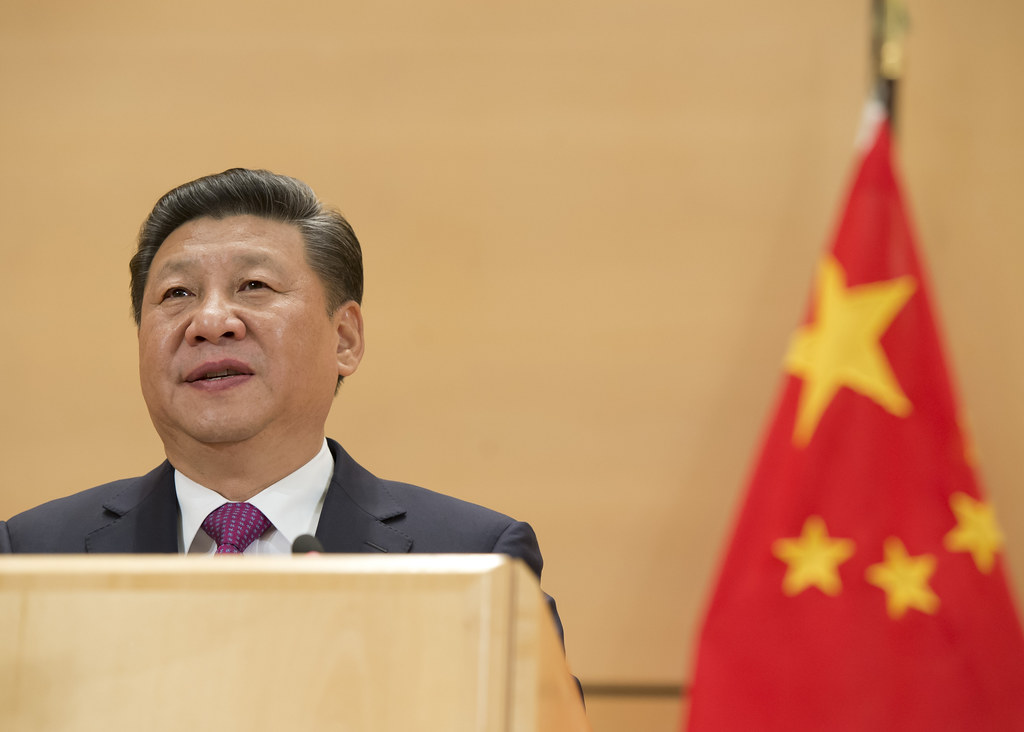The Israel-Iran Conflict and China’s mediation diplomacy
Saerom Han (Sookmyung Women’s University)
In June 2025, a dramatic escalation unfolded in the Middle East after the United States launched airstrikes on Iranian nuclear facilities, igniting a brief but intense twelve-day conflict between Israel and Iran. President Donald Trump later declared a ceasefire, claiming a successful resolution while urging restraint from both sides.
Beijing swiftly condemned the U.S. strikes, labeling them a violation of international law and an act that undermined regional stability. Chinese officials emphasized the importance of upholding the UN Charter and protecting civilian lives, reiterating China’s willingness to facilitate dialogue. Foreign Minister Wang Yi held separate phone calls with both Iranian and Israeli counterparts, offering China’s services as a constructive mediator and explicitly supporting Iran’s sovereignty and right to self-defense.
These diplomatic gestures reflect China’s broader ambition to present itself as a peace broker in the Middle East. Beijing had previously gained international attention for mediating the 2023 rapprochement between Saudi Arabia and Iran, a landmark agreement that revived diplomatic relations after years of hostility. That moment bolstered China’s image as an alternative to U.S.-led diplomacy and a supporter of multipolar dialogue. More recently, China also attempted to bridge divisions among Palestinian factions in 2024.
However, the 2025 Israel-Iran crisis has exposed the limits of China’s mediation diplomacy. While Beijing voiced opposition and offered assistance, it played no decisive role in halting the conflict. Instead, it was Washington, despite being a party to the escalation, that secured the ceasefire. China’s deepening ties with Iran, including energy imports and reports of chemical transfers used in missile fuel, have also raised questions about its neutrality. Analysts argue that while China seeks greater regional influence, its current leverage remains constrained by geopolitical realities, limited trust among key actors like Israel, and the entrenched U.S. security architecture.
이스라엘-이란 충돌과 중국의 중재외교
한새롬 (숙명여자대학교)
중국은 미국의 공습에 대해 강하게 반발하며, 해당 행위가 국제법과 유엔 헌장을 위반한 것이라고 비판했다. 중국 외교부는 특히 이스라엘에 자제를 촉구하면서 민간인 보호와 조속한 대화 재개를 강조했고, 왕이 외교부장은 이란 및 이스라엘 외교장관과 각각 통화하며 중국이 ‘건설적인 역할’을 할 준비가 되어 있다고 밝혔다. 그러나 이번 정전 과정에서 중국의 실질적인 외교적 개입은 제한적이었던 것으로 분석된다.
그동안 중국은 중동에서의 외교적 입지를 넓히기 위해 다양한 노력을 기울여 왔다. 2023년 이란과 사우디아라비아 간의 관계 정상화를 중재하며 국제적 주목을 받았고, 2024년에는 팔레스타인 내 파벌 간 화해를 중재하려는 시도도 있었다. 이 같은 움직임은 미국 중심의 지역 질서에 균열을 내려는 전략적 접근으로 해석되기도 하였다.
한편 이번 이스라엘-이란 충돌을 계기로 중국 중재외교의 구조적 한계가 드러났다는 평가가 지배적이다. 반면 미국은 갈등의 당사국임에도 불구하고 실질적인 중재자 역할을 수행하며 여전히 지역 질서의 핵심 주체로 기능하고 있다.

